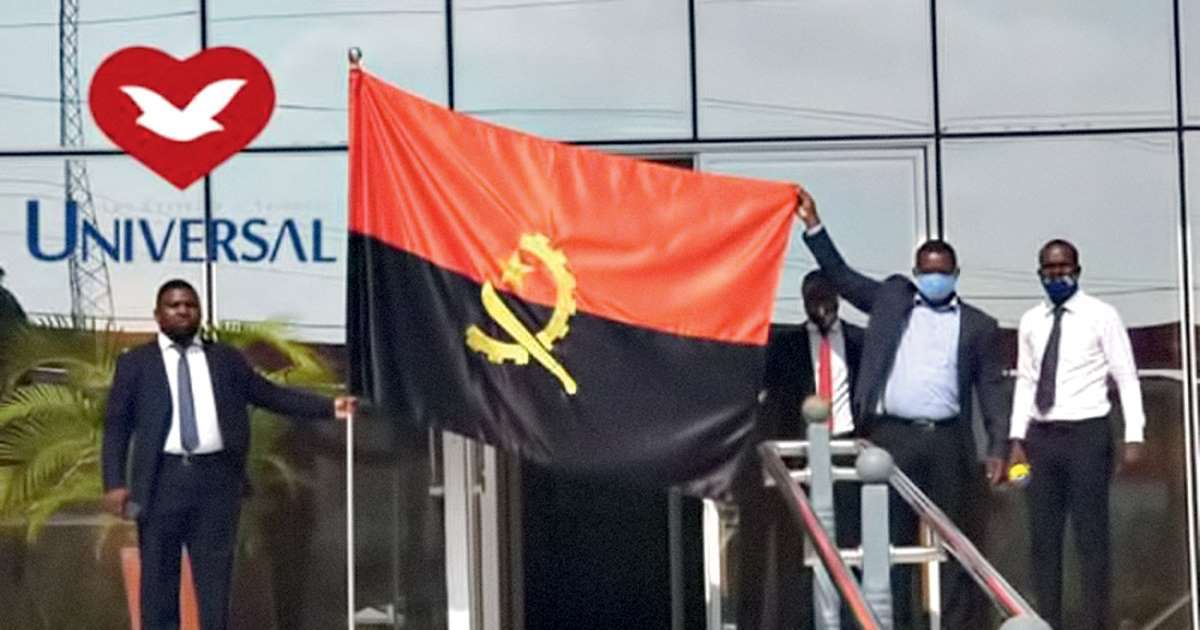RIO DE JANEIRO, BRAZIL – The Angolan Prosecutor General’s Office (PGR) launched an operation on Friday, August 14th, to close temples of the Universal Church of the Kingdom of God (UCKG) in the cities of Luanda, Viana and Cazenga.
The measures are the result of an investigation launched in late 2019 to determine whether the religious institution, founded and led by Brazilian Bishop Edir Macedo, had committed irregularities, ranging from racial discrimination and forced vasectomy, to foreign exchange fraud and money laundering.
It is unclear how many temples have been “confiscated” by the Angolan authorities – this is the term the Prosecutor’s Office used to define the action. The interdicted temples will remain in the hands of the National Institute of Religious Affairs (INAR), linked to the Ministry of Culture, until a judicial ruling is rendered.
In the statement released yesterday, the PGR reports that the “confiscations” result “from the fact that there is evidence in the records of the practice of crimes of criminal association, tax fraud, illegal capital exports, abuse of trust and other illegal activities.”
Established in the country since 1992, the UCKG in Angola is facing a conflict between two antagonistic groups – one, comprised of Brazilians and Angolans linked to Edir Macedo and the leader in Angola, Bishop Honorilton Gonçalves; and the other, of dissident Angolan pastors who call themselves the “reformed commission” of the UCKG and are led by Angolan Bishop Valente Bezerra Luís.

In late July, the second group published the minutes of a general meeting in the country’s Official Gazette, “formalizing” the removal of the religious institution’s Brazilian leadership. The pro-Macedo group reacted by saying that the document “is neither valid nor legal”. The conflict over the church’s leadership, which raises millions of reais from the faithful, has persisted.
In July, President Jair Bolsonaro became personally involved in the issue by sending a letter to the president of Angola, João Manuel Lourenço, expressing “concern” about the “recent events” and calling for greater protection for the church’s Brazilian members “in order to ensure their material physical integrity and the restitution of property and housing.”
Bolsonaro has always had Bishop Edir Macedo as one of his greatest evangelical political allies. The National Congress also became involved and began planning an official trip to the country in September to ascertain reports of violence against Brazilian pastors.
Despite Bolsonaro and the Brazilian parliament’s intervention in the conflict, the Angolan government has continued its investigations and has insisted that the impasse is not political, but rather legal. The Angolan Minister of Justice and Human Rights, Francisco Queiroz, recently stressed that the issue should not be pursued diplomatically. “What is often noted is the attempt to conceal the essential: internal problem, of management, a problem that opposes internal wings within the church and turn this into a political issue, which it is not,” he told the local press.
Source: Veja

